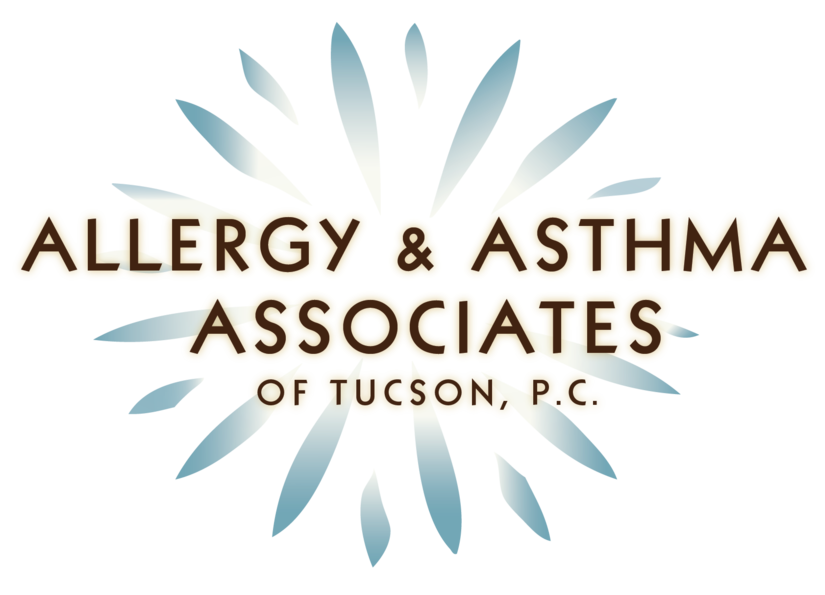Covid-19 Vaccine FAQs
Updated: 1/3/2021. *Information applies ONLY to vaccines currently authorized for use in the US; namely, the Pfizer-BioNTech and Moderna vaccines*
Q: Is one vaccine better than the other?
No. The ACIP does not state a product preference.
Q: Can children be vaccinated against Covid-19?
Children under the age of 16 cannot be vaccinated at this time. The approved ages for the vaccines differ:
Pfizer-BioNTech: approved for ages ≥16 years
Moderna: approved for ages ≥18 years
Q: Should I receive the Covid-19 vaccine?
Yes, with very few exceptions. Per the CDC, contraindication to both the Pfizer/Biontech and Moderna vaccines include a history of the following:
Severe allergic reaction (e.g., anaphylaxis) after a previous dose of an mRNA COVID-19 vaccine or any of its components
Immediate allergic reaction of any severity to a previous dose of an mRNA COVID-19 vaccine or any of its components (including polyethylene glycol [PEG])*
Immediate allergic reaction of any severity to polysorbate (due to potential cross-reactive hypersensitivity with the vaccine ingredient PEG)*
* These persons should not receive mRNA COVID-19 vaccination at this time unless they have been evaluated by an allergist-immunologist and it is determined that the person can safely receive the vaccine (e.g., under observation, in a setting with advanced medical care available)
Q: Are all reactions to vaccines true allergic reactions?
No. In fact, the majority of vaccine reactions are NOT allergic in nature, such as vasovagal reactions (fainting), or post-vaccination side effects (eg.: fever, injection site pain or headache).
It is very important to distinguish true allergic reactions from other reactions, because non-allergic reactions are NOT a contraindication to receiving the second Covid-19 vaccine dose. If you are a current patient and would like to discuss your case with a provider, please call the office and schedule a “virtual visit” by phone.
Q: Can I receive other vaccines at the same time that I receive my Covid-19 vaccine?
No. There should be a minimum of 14 days before or after any other vaccine. Per the CDC website:
“Given the lack of data on the safety and efficacy of mRNA COVID-19 vaccines administered simultaneously with other vaccines, the vaccine series should be administered alone, with a minimum interval of 14 days before or after administration with any other vaccine.”
Q: What should I do if I accidentally got another vaccine within 14 days of my Covid vaccine?
Nothing. Per the CDC website: “If mRNA COVID-19 vaccines are inadvertently administered within 14 days of another vaccine, doses do not need to be repeated for either vaccine.”
Q: Can I receive my allergy immunotherapy shots on the same day I receive a Covid-19 vaccine?
No. The providers at Allergy & Asthma Associates of Tucson recommend a minimum of three days between your allergy shots and a Covid-19 vaccine. For example: If you are scheduled to receive the Covid vaccine on January 10, you should not receive your allergy shots any time on or between January 7 - January 13.
Q: Can I receive my biologic injection (eg: Nucala / Xolair / Fasenra / Dupixent) on the same day that I receive a Covid-19 vaccine?
No. The providers at Allergy & Asthma Associates of Tucson recommend a minimum of 24h between your biologic injection and a Covid-19 vaccine.
Q: Is it safe for me to receive the vaccine if I have common allergies to medications, foods, inhalants, insects or latex,?
YES. Individuals with common allergies to medications, foods, inhalants, insects and latex are no more likely than the general public to have an allergic reaction to the Pfizer-BioNTech COVID-19 vaccine.
Q: Should I receive the vaccine if I have any of the following?
History of anaphylaxis to a previous (different) vaccine
Mastocytosis
Mast Cell Activation Syndrome / HaTS
Idiopathic Anaphylaxis
Possibly. Data related to risk in individuals with a history of allergic reactions to previous vaccinations and/or mast cell activation syndrome/idiopathic anaphylaxis is very limited and evolving. A clinical decision to administer either of the mRNA COVID-19 vaccines should be undertaken by the physician or other provider administering the vaccine using their professional judgment and in consultation with the patient, balancing the benefits and risks associated with taking the vaccine.
*If you are currently a patient at Allergy & Asthma Associates of Tucson and have any of the above conditions, please call and schedule a “Virtual Visit” by phone to discuss your case with a provider.*
Q: Is it safe for me to receive the vaccine if I have a primary immunodeficiency disease like CVID?
Yes. Neither of the vaccines are live viral vaccines.
Q: I developed Guillain-Barré Syndrome (GBS) after a different vaccine in the past. Should I get the Coronavirus vaccine?
In most cases, yes. Per the CDC: “To date, no cases of Guillain-Barré syndrome (GBS) have been reported following vaccination among participants in the Pfizer-BioNTech or Moderna COVID-19 vaccines clinical trials. With few exceptions, ACIP’s general best practice guidelines for immunization does not include history of GBS as a contraindication or precaution to vaccination.
Q: What type of vaccine are the Pfizer-BioNTech and Moderna vaccine?
They are both mRNA vaccines.
Q: How does a vaccine work, and what types of vaccines exist?
Please see: The race for coronavirus vaccines: a graphical guide
Q: What is an mRNA vaccine and how do they work?
Please see: How the Pfizer-BioNTech Covid-19 Vaccine Works
